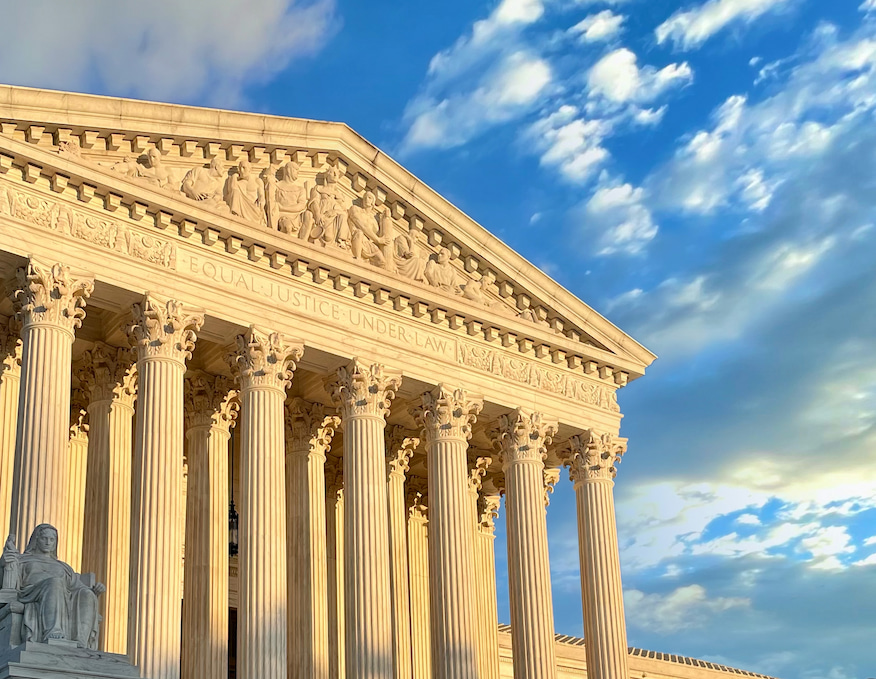29.04.2025 09.40 CDT
The Supreme Court interprets ERISA to allow fiduciary claims to proceed based solely on allegations that a transaction occurs between a plan and a party in interest for goods or services, and places the burden on plan fiduciaries to prove that the fees paid are reasonable.
Tide of ERISA Litigation to Continue

A new Supreme Court ruling may further open the door to ERISA fiduciary claims.
Supreme Court decision simplifies allegations needed for plaintiffs’ claims of fiduciary misconduct to proceed.
10.09.2024 01.44 CDT
Two cases reach opposite conclusions on whether employers must use forfeitures to play plan expenses—and are (effectively) precluded from using them to reduce employer contributions.
New Front on Fiduciary Litigation?

Two cases reach opposite conclusions on whether employers must use forfeitures to play plan expenses—and are (effectively) precluded from using them to reduce employer contributions.
In two recent court decisions (Hutchins v. HP Inc and Perez-Cruet v. Qualcomm Inc) plaintiffs claimed that employers’ decision to use forfeitures to reduce employer contributions (and not to pay for plan administrative expenses) was a breach of ERISA fiduciary responsibility. The courts reached opposite conclusions in these cases—with one court (Hutchins) dismissing the complaint and the other (Perez-Cruet) denying the motion to dismiss and allowing the case to proceed.
12.01.2024 02.55 CST
IRS Guidance on recent legislation helps employers start planning for next few years.
SECURE Act Provisions Start Taking Shape

As we enter 2024, employers (and their providers) are starting to get more IRS guidance on recent pension legislation.
The IRS ended 2023 with new guidance on the SECURE Act and SECURE 2.0. These included proposed regulations on the new requirements for long-term part-time employees and a grab-bag of Q&As on miscellaneous provisions of SECURE 2.0. Overall, the IRS guidance does not contain dramatic surprises—but it does help employers and their providers start planning for the next few years.
17.11.2022 11.59 CST
A round of court cases following Supreme Court’s Hughes decision places a greater burden on plaintiffs bringing fiduciary litigation.
Several recent decisions handed down by federal appellate courts offer some good news for plan fiduciaries. In each of these cases the courts affirmed dismissals of fiduciary litigation, concluding that the facts alleged were just not enough to support a claim. The dismissals were based on the courts’ assessment that even if the general facts alleged were true (e.g., that other plans paid less in recordkeeping or management fees or that other funds performed better) –those facts would not show that the actions taken by the fiduciaries for these specific plans were not prudent.
25.05.2021 08.58 CDT
What does it mean for a retirement plan to "protect" data--and are barriers to unauthorized access limited to blocking hacks?
Plan Data: What is “Secure”?

What does it mean for a retirement plan to "protect" data--and are barriers to unauthorized access limited to blocking hacks?
There is an increased focus on protecting retirement plan data. However, both regulators and the courts are taking a narrow view of the kinds of protections that should be in place,
